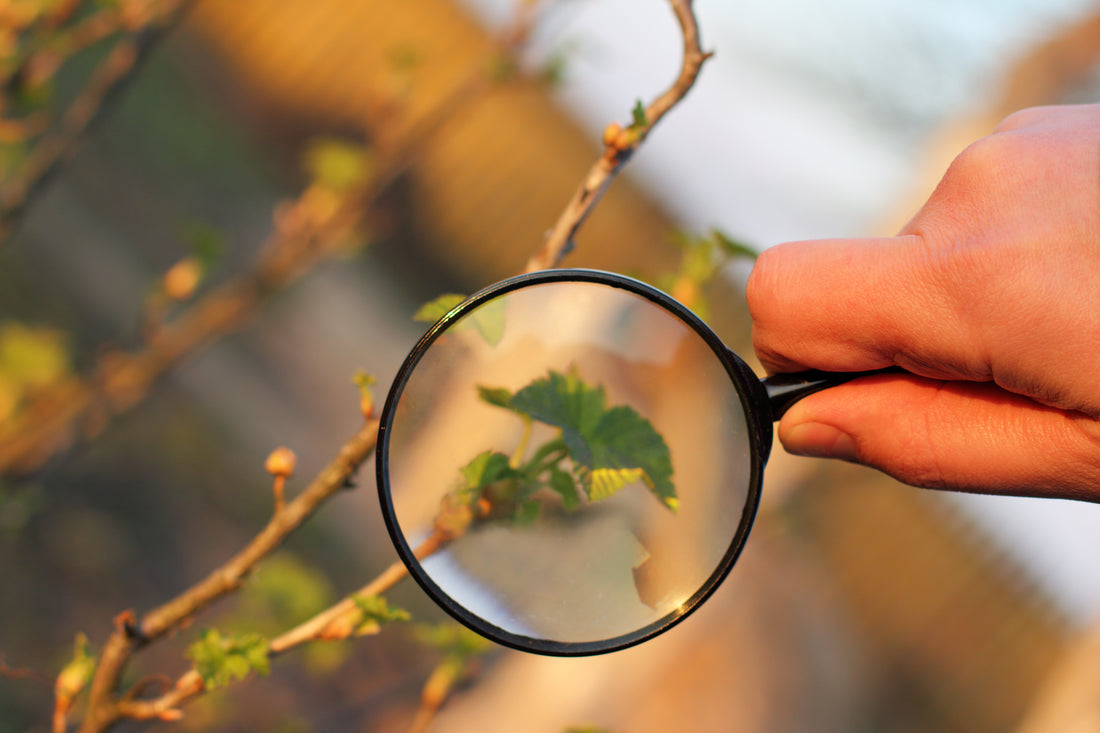
Clothing Certifications: Deciphering the Sustainable Commitment of Fashion Brands
Share
Sustainable fashion has gained ground, and increasingly, consumers are seeking brands committed to ethical and environmentally friendly practices. Amidst the sea of "green" fashion labels and statements, certifications have become guiding beacons for those looking to understand a brand's real commitment. Let's explore some key certifications that can help you decode the sustainable language of fashion.
1. GOTS (Global Organic Textile Standard): The Global Standard for Organic Textiles
GOTS is a benchmark in the textile industry when it comes to organic materials. This certification not only covers the use of organic fibers but also establishes standards for fair working conditions and environmentally friendly manufacturing processes.

2. Fair Trade: Fair Trade for All
When you see the Fair Trade label, you know that the brand is committed to equitable and sustainable working conditions. This includes fair wages and support for local communities. It is a certification that addresses both social and environmental dimensions.

3. OEKO-TEX: Textile Confidence
This certification focuses on product safety in terms of chemicals. If you see a garment with the OEKO-TEX seal, you can be sure it has been tested and is free from harmful substances.
- OEKO-TEX® STANDARD 100 It is the most widely used ecological label globally, ensuring that labeled textile products have been tested for more than 300 harmful substances.

- OEKO-TEX® STeP This certification stands for "Sustainable Textile and Leather Production." It represents socially acceptable and safe working conditions, as well as sustainable production throughout the supply chain of the textile and leather industry.

4. OCS Certification: Commitment to Organic Materials
OCS certification confirms a commitment to organic fibers in sustainable fashion containing at least 5% organic fibers. Depending on the proportion of organic fibers in the final product composition, there are two OCS certification levels:
- OCS 100 (Level 1) This seal guarantees that at least 95% of the fibers used in a garment are organic.

- OCS Blended (Level 2) The product contains between 5% and 95% certified organic fibers.


6. Ecolabel EU Certification: Verified Sustainability
It is a European badge that guarantees high environmental standards in products and services. By obtaining this label, brands demonstrate their commitment to sustainability in areas such as water consumption, emission of hazardous substances, and waste management.

7. USDA Certified Biobased Product: Sustainability from Renewable Resources
This certification highlights the use of materials derived from renewable resources in products. This label confirms the brand's commitment to the use of biobased ingredients, reducing dependence on non-renewable resources.

8. TÜV Austria OK Compost Home: Sustainable Decomposition with Quality Certification
This certification ensures the effective and sustainable decomposition of organic products, even in domestic environments. By choosing products with this seal, you not only contribute to waste reduction but also have the quality assurance of TÜV Austria. Home compostability becomes a reliable and sustainable choice, promoting environmentally friendly practices.

9. Global Recycled Standard (GRS): Raising Sustainability to New Standards
It is a badge that guarantees textile products contain recycled materials and meet specific environmental and social criteria. By choosing garments with GRS certification, you actively contribute to closing the life cycle of materials and reducing dependence on natural resources.

10. B Corp: Beyond the Product
This certification goes beyond specific product standards and evaluates the overall impact of a company on society and the environment. A brand with this seal has demonstrated its commitment to corporate social responsibility.

11. PETA Approved Vegan: Cruelty-Free Fashion
For those committed to vegan fashion, this seal ensures that no part of the manufacturing process involves animal cruelty.
![]()
These certifications and seals are transparent windows that allow you to see beyond marketing statements. By understanding these labels, you can make informed decisions and support brands that are genuinely committed to sustainable and ethical fashion. Dress consciously!

